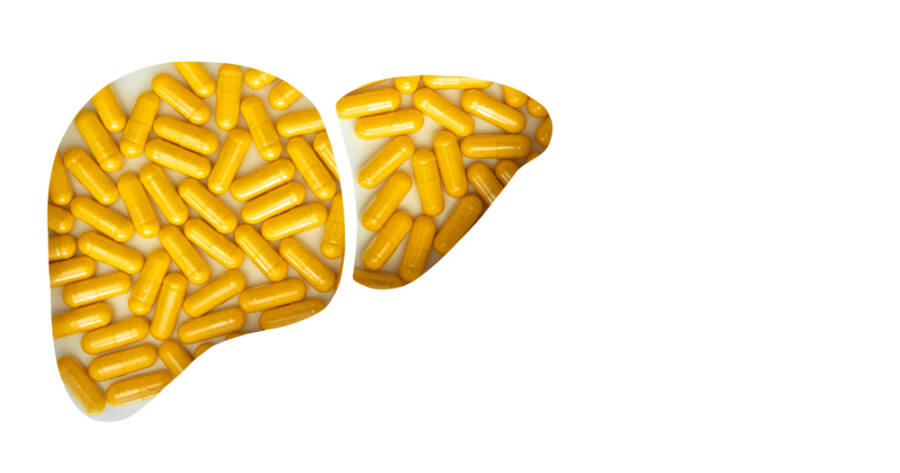Non-Alcoholic Fatty Liver Disease (NAFLD) affects millions worldwide, particularly those with obesity, diabetes, or high cholesterol. It occurs when excess fat builds up in the liver without significant alcohol use, potentially leading to inflammation, liver damage, or even cirrhosis if untreated. While lifestyle changes remain the primary treatment, certain medications could be beneficial for managing NAFLD, especially in more advanced cases.
Lifestyle as a Primary Treatment Option
For many people with NAFLD, lifestyle changes are often the first line of defense. If you have NAFLD, weight loss, improved diet, and increased physical activity may reduce liver fat and inflammation. However, if these measures are challenging or if you have a more advanced form of the disease, such as Non-Alcoholic Steatohepatitis (NASH), medication could become a necessary consideration.
Insulin-Sensitizing Agents
One category of medications that might be considered is insulin-sensitizing agents, such as metformin or thiazolidinediones. Metformin, commonly prescribed for type 2 diabetes, could help improve insulin sensitivity and reduce liver fat. Although metformin isn’t specifically approved for NAFLD, it may have indirect benefits for the liver in patients with both NAFLD and diabetes.
Thiazolidinediones, including pioglitazone, are another class of drugs that may help with insulin sensitivity. Pioglitazone could reduce liver fat and inflammation in people with NASH. However, this medication may have potential side effects, such as weight gain or increased risk of fractures. You may need to weigh the benefits and risks with your doctor before considering this option.
Vitamin E as an Antioxidant Therapy
Vitamin E, an antioxidant, could be another option for those with NAFLD, particularly those with NASH. High-dose Vitamin E supplementation may reduce liver inflammation and fibrosis in non-diabetic patients with NASH. While this treatment might benefit some, it’s worth noting that high doses of Vitamin E have been associated with certain risks, including an increased risk of prostate cancer in men and hemorrhagic stroke. If Vitamin E is considered, your doctor may recommend it as part of a closely monitored treatment plan.
GLP-1 Receptor Agonists
Medications like GLP-1 receptor agonists, typically used to treat type 2 diabetes, may also hold potential for NAFLD. Drugs like liraglutide and semaglutide have shown promise in reducing liver fat and even promoting weight loss, which can benefit people with NAFLD. If you have both diabetes and NAFLD, your healthcare provider might suggest GLP-1 agonists as part of your treatment, as these drugs could address multiple health needs simultaneously.
Emerging Therapies
Research into NAFLD is ongoing, and new drugs are being developed. Some experimental drugs, like FXR agonists (e.g., obeticholic acid) and PPAR agonists, are currently undergoing clinical trials and could provide future treatment options if they prove effective. However, until these drugs are FDA-approved for NAFLD, they remain experimental and are not available for widespread use.
Consulting with a Healthcare Provider
If you are considering medication for NAFLD, discussing these options with a healthcare provider is essential. Since NAFLD can progress differently in each person, the choice of treatment may depend on factors like overall health, comorbidities, and the specific stage of liver disease. A doctor may recommend a combination of lifestyle changes and medication to create a comprehensive treatment plan tailored to your needs.
Taking a Proactive Approach
Managing NAFLD involves a proactive approach to health. Medications may provide added support in slowing disease progression or reducing symptoms, but lifestyle modifications remain foundational. If medication becomes part of your treatment plan, regular follow-ups and liver function monitoring will be essential for managing the disease effectively.
